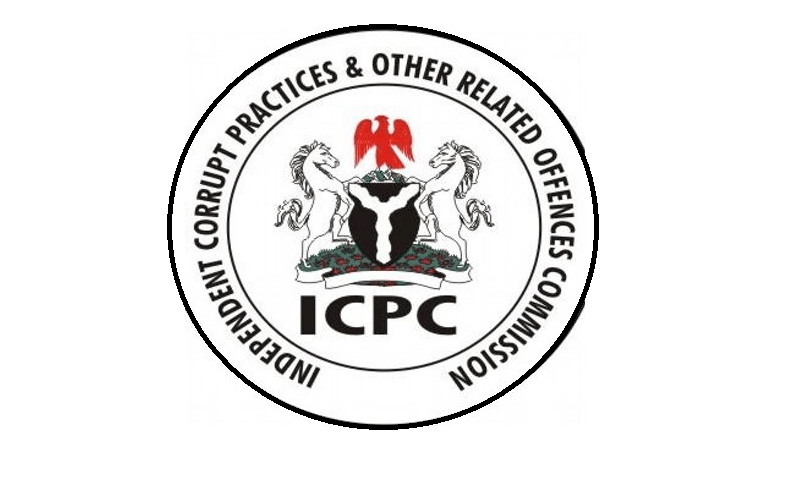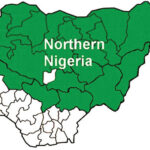Corruption is one of the endemic viruses that hamper or slow the growth and development of Nigeria. Since the attainment of independence in 1960, Nigeria has been battling with corruption as resources meant for national development are being diverted or squandered by those entrusted with leadership at all levels.
In the last six decades of independence, corruption is so entrenched in such a manner that the country has continued to lose trillions of naira. These huge resources usually ended in the pockets of corrupt government officials in collaboration with their cronies. No wonder, many countries which attained independence with Nigeria such as Malaysia and India have recorded speedy developments in contrast to our stagnation.
Nigeria, the sixth largest producer of crude oil in the world, imports petroleum for its domestic consumption. The four refineries which were built in the early 70s to provide petroleum for internal consumption and export were allowed to rot.
While Nigerians blamed the past military administrations for high cases of corruption, the return of democracy since 1999 has failed to stop the monster.
In 1999 when the Obasanjo administration came on board, it carried out institutional reforms aimed at dispensing democracy dividends which the country was yearning for.
In order to tackle corruption which had eaten deep into the fabrics of the country, Obasanjo established the Economic and Financial Crimes Commission (EFCC) and Independent Corrupt Practices Commission (ICPC). These agencies were charged with the responsibilities of investigating, apprehending and confiscating proceeds of corruption believed to have been corruptly acquired.
However, successive administrations failed to strengthen the war against corruption in the country. EFCC, which was established to go after corruption, suddenly turned to a toothless bull dog. The commission became a tool for political intimidation. Government used it to harass or witch-hunt perceived political opponents.
Upon assumption of the Buhari administration and its promised to fight corruption, many Nigerians expected a paradigm shift in the war against corruption. However, the war under Buhari administration became a joke taken too far. The recent pardon granted to former Plateau and Taraba states governors by the Council of State has been condemned by Nigerians.
That pardon has indeed eroded the gains achieved by the Buhari administration’s war against corruption.
It is generally believed that the pardon will embolden corruption and render the war against it meaningless in a country where corruption has become the order of the day. This is the reason Nigerians are calling for the total scrapping of the anti-corruption agencies. With the pardon granted to Dariye and Nyame, Nigeria should forget about any war against corruption.
Ibrahim Mustapha, Pambegua, Kaduna state

 Join Daily Trust WhatsApp Community For Quick Access To News and Happenings Around You.
Join Daily Trust WhatsApp Community For Quick Access To News and Happenings Around You.


